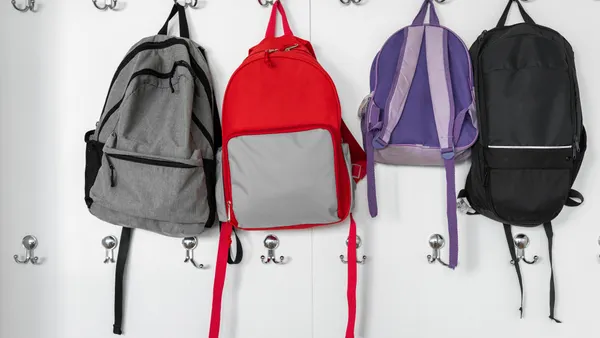Statewide approaches that began this summer to tackle the teacher shortage in Arizona range from a longer-term fix of a teacher residency program to a quick fix that loosened teaching credential requirements.
In an effort to recruit and retain teachers long term, the Arizona Department of Education this summer awarded the Arizona K12 Center at Northern Arizona University a $5 million grant using federal COVID-19 relief dollars to launch and expand the Arizona Teacher Residency program. About 30 residents will be in the first cohort this school year. The program is expected to expand in the following years, with a goal of including 100 teacher residents per cohort.
In September 2021, the state had 1,696 teacher vacancies, according to the Arizona School Personnel Administrators Association.
The residency program is modeled after medical residencies to give education students on-the-job training. The two-year residency will give teachers in-classroom experience as they take classes for a “highly subsidized” master’s degree at Northern Arizona University that comes with a living stipend. Participants commit to a job with a partnering school district in the state for at least three years beyond their residency.
“Through this extended fieldwork, and the master's degree coursework that revolves around this experience, residents truly learn what it means to develop and sustain themselves as teachers,” said Superintendent of Public Instruction Kathy Hoffman in a statement. “As a result, residencies have a strong track record of advancing teacher retention, and student achievement, too. Now is the time to establish a teacher residency program as another meaningful solution to addressing our teacher shortage.”
By contrast, Arizona Gov. Doug Ducey in July signed a law that no longer requires a bachelor’s degree for teaching in a classroom full-time. The legislation, SB 1159, allows people without a bachelor’s degree to start training to become a teacher while in college and complete that training while finishing their degree.
At the time of signing, Jacqueline Rodriguez, vice president of research, policy and advocacy at the American Association of Colleges for Teacher Education, told K-12 Dive this law would only worsen the ongoing teacher shortage in Arizona.
“We have now allowed K-12 students to be placed in harm’s way with an unprepared person at the helm of the classroom by putting them in a position where they’re not only set up for failure, but it is very unlikely that they are retained in that same position, because they were not set up with the skills, knowledge, and dispositions to be successful,” Rodriguez said.







 Dive Awards
Dive Awards






